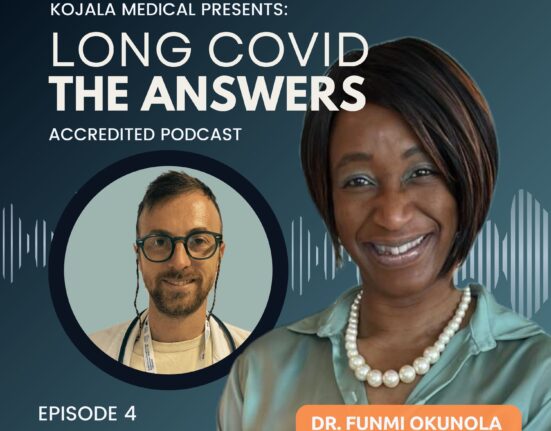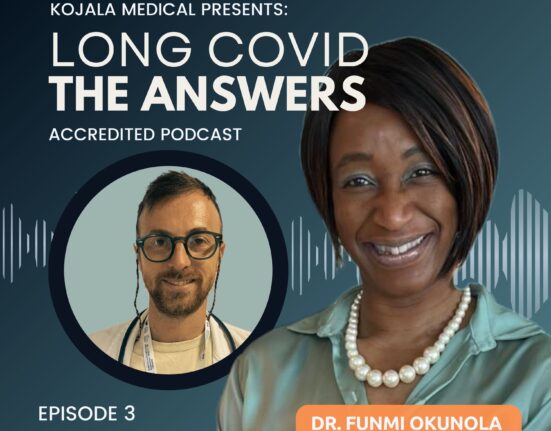A US study found that vaccinated children are less likely to develop long COVID compared to unvaccinated children
SOURCE: Yousaf AR, Mak J, Gwynn L, Bloodworth R, Rai R, Jeddy Z, LeClair LB, Edwards L, Olsho LE, Newes-Adeyi G, Dalton AF. 1935. COVID-19 mRNA Vaccination Reduces the Occurrence of Post-COVID Conditions in US Children Aged 5-17 Years Following Omicron SARS-CoV-2 Infection, July 2021-September 2022. InOpen Forum Infectious Diseases 2023 Dec (Vol. 10, No. Supplement_2, pp. ofad500-2466). US: Oxford University Press.
Summary:
A recent US study, encompassing 1,600 children, discovered that vaccination significantly reduces the likelihood of developing long COVID. Focusing on 622 participants aged 5 to 17 who contracted COVID-19, the research revealed a 34% reduction in the likelihood of experiencing at least one long COVID symptom and a 48% reduction in the likelihood of developing two or more symptoms. While similar results have been observed in adults, limited pediatric data emphasizes the importance of vaccination for children. Despite this, the low uptake of COVID-19 vaccinations in the US for children persists, underscoring the need for increased awareness.
Main Points:
- Protective Effect: Vaccinated children are 34% less likely to develop at least one long COVID symptom.
- Reduced Severity: A 48% decrease in the likelihood of developing two or more long COVID symptoms.
- Call for Awareness: Despite these benefits, low vaccination rates among children persist, emphasizing the need for increased awareness.
This study highlights the tangible benefits of COVID-19 vaccination in shielding children from the lingering effects of SARS-CoV-2, urging a reevaluation of vaccination strategies for this demographic..
Long Covid The Answers
Sources:
Yousaf AR, Mak J, Gwynn L, Bloodworth R, Rai R, Jeddy Z, LeClair LB, Edwards L, Olsho LE, Newes-Adeyi G, Dalton AF. 1935. COVID-19 mRNA Vaccination Reduces the Occurrence of Post-COVID Conditions in US Children Aged 5-17 Years Following Omicron SARS-CoV-2 Infection, July 2021-September 2022. InOpen Forum Infectious Diseases 2023 Dec (Vol. 10, No. Supplement_2, pp. ofad500-2466). US: Oxford University Press.
.








